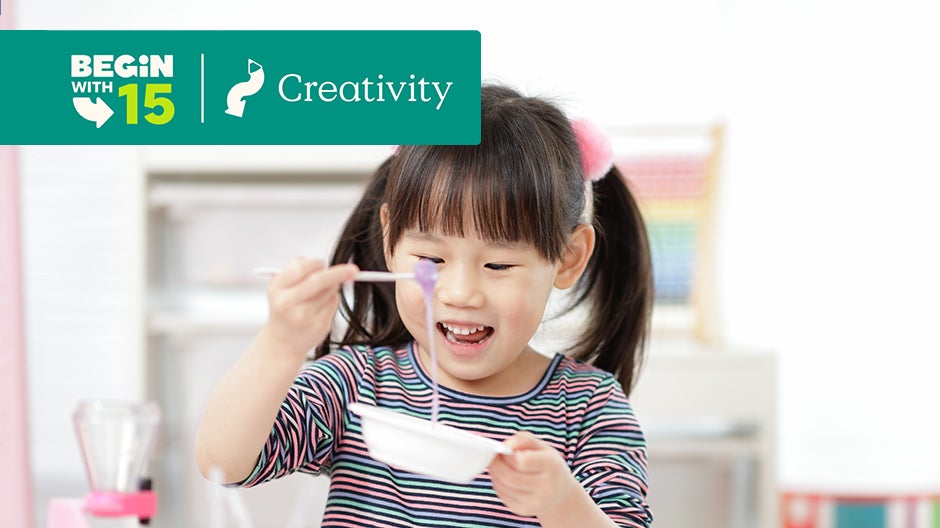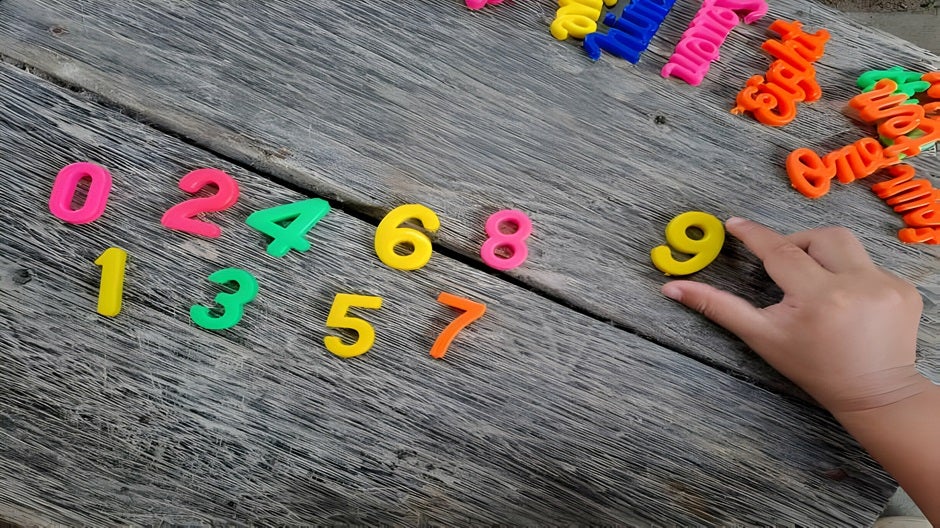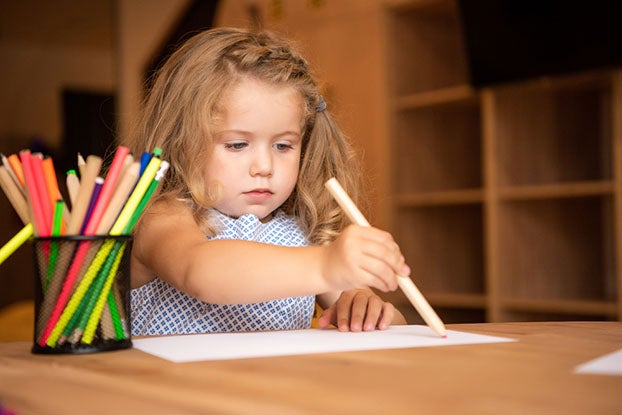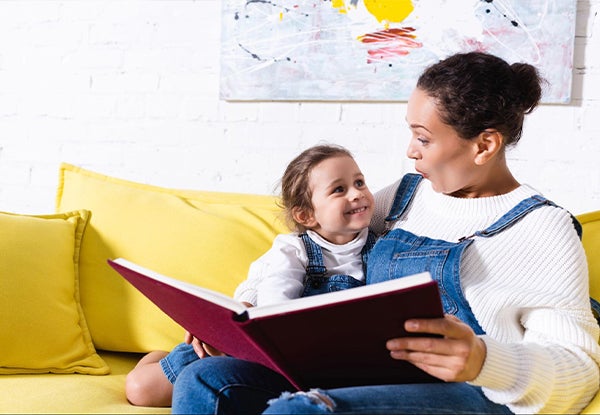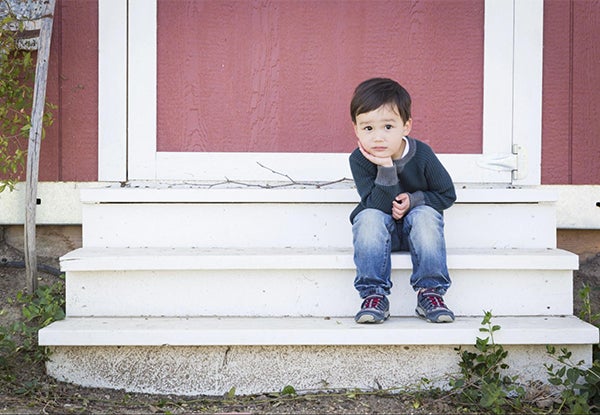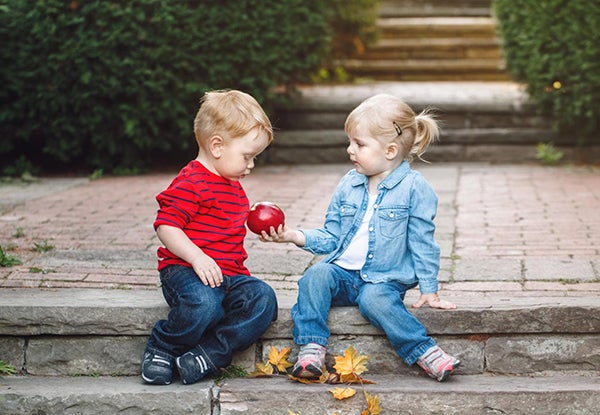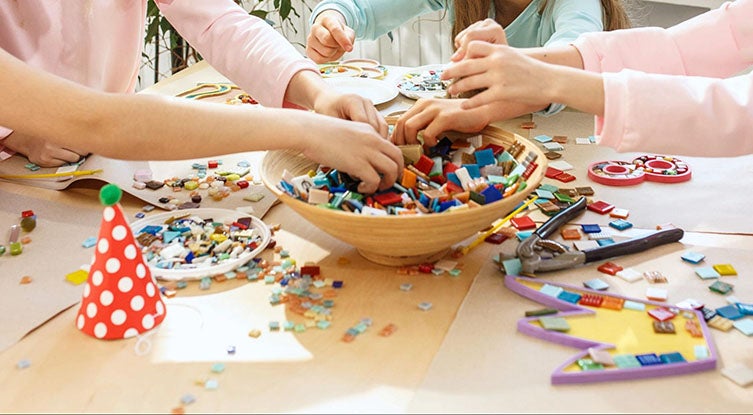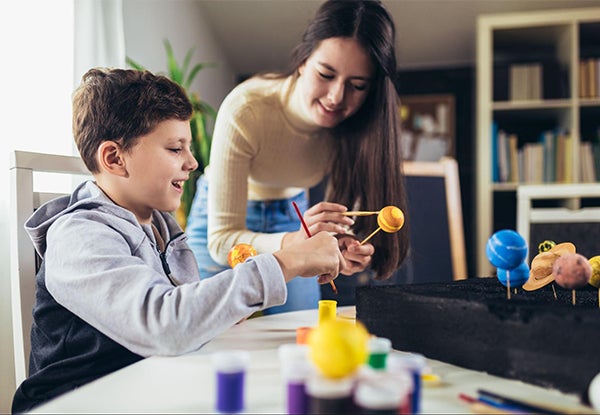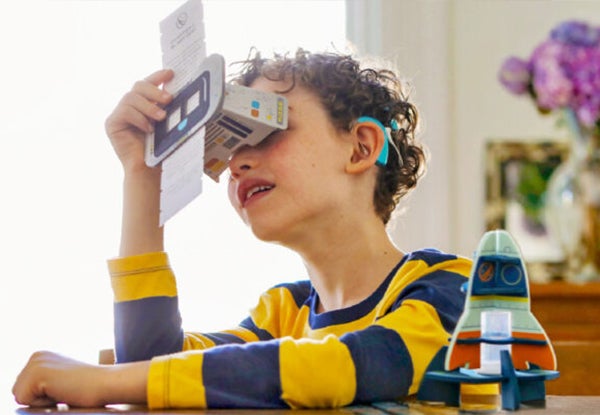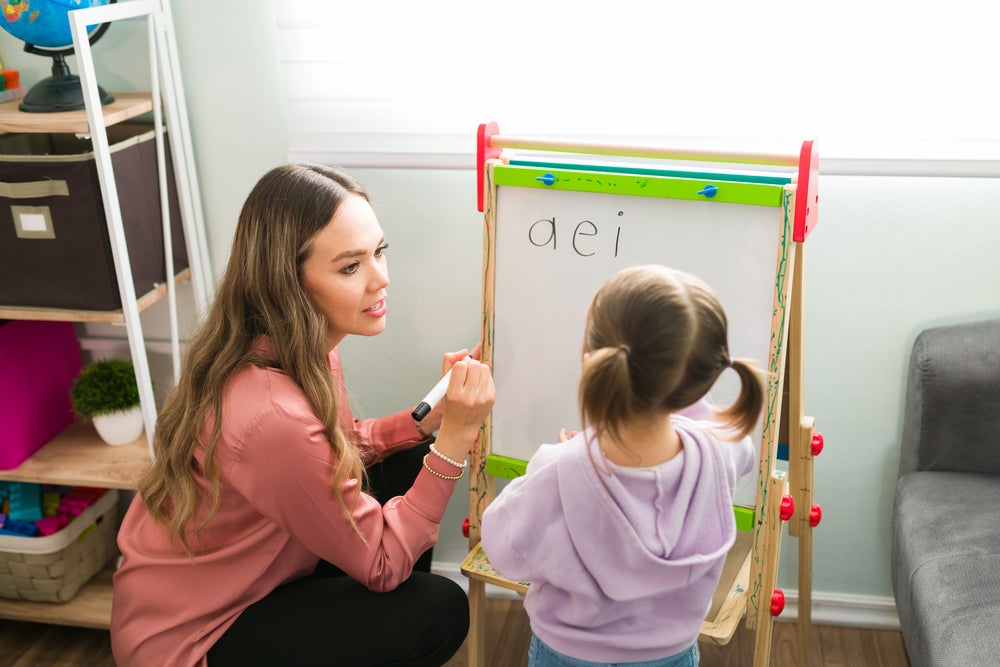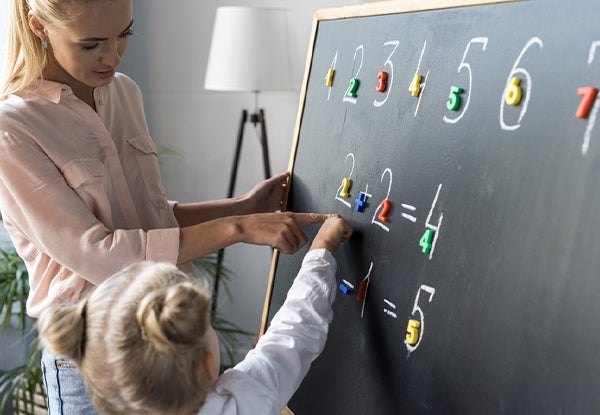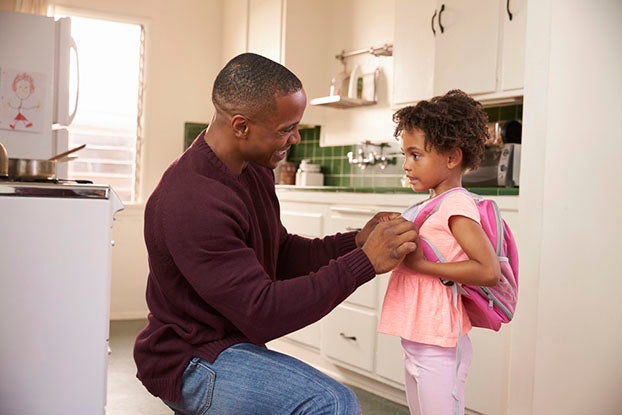Developing social skills is a big part of your toddler’s development, and playdates can be a fun way to help your child connect with other kids their age.
However, playdates don’t have to be just for the little ones; if you have a toddler, playdates can also help you connect with other parents. The parents who become your go-tos for playdates also become your go-tos when it comes to sharing stories, experience, support, and advice (not to mention that as your kids get old enough to do drop-off playdates, you’ll get extra free time on your hands)!
If you’re feeling nervous about how to approach another parent to set up playdates (and don’t worry, we all are!), or if you’re unsure about what to do while the kids are playing, check out this article from Mommy Needs Cookies.
If you’ve decided you want to host a playdate, you don’t need to hire a recreation expert, just keep reading for our top tips and advice on how to make your first playdate a success!
Set yourself up for playdate success
Your child’s first playdate might seem like a big deal, but you’ve got this! It’s normal to want everything to go perfectly, but when you’re dealing with toddlers, always expect the unexpected. To set yourself up for success:
1. Limit the number of kids to one other child.
Playdates can create a lot of extra stimulation. Even for kids who have siblings, the extra noise, attention, and interaction can be overwhelming. If this is your first time hosting a playdate, keep in mind that you’re just as new to this as the kids! Gives yourself a break and start with with one child. Doing that will help you get used to the ebb and flow of energy that is required for a playdate.
2. Ask the other parent to stick around.
Some parents won’t feel comfortable with the idea of leaving their toddler, especially if they don’t know you very well. And these days, some parents are suing over incidences that happen on playdates. Asking the other parent to join you for the playdate can help make them feel comfortable, help you avoid any risks of litigation, and it gives you both an opportunity to bond. However, the main reason to ask the other parent to stay is because having two toddlers on your hands is a lot — especially when it comes to potty time!
3. Set a time limit.
Leave your toddler and their new friend wanting more! It’s a good idea to start with playdates that are half an hour to an hour. (This time limit is also a great safeguard in case you just don’t enjoy the company of the other parent!) As your child enters preschool, or as you get more comfortable with the toddler and they get more comfortable with you and your child, you can think about extending the time. But for your first playdate, half an hour or an hour is plenty!
4. Expect a mess.
Don’t feel pressured to make your house look perfect. Do your basic tidy up and make sure nothing dangerous is lying around, but don’t tire yourself worrying about what the other child’s parent will think. Two toddlers are like a whirlwind, and they will create a mess. One way to help minimize your cleanup time is to give kids a warning 10 minutes before the playdate is over. Five minutes before the end of the playdate, put on a fun “clean up song” and get the kids to put away their toys together. It helps you avoid the tantrums that can happen due to a sudden ending you and it gives you a head start on the tidying up!
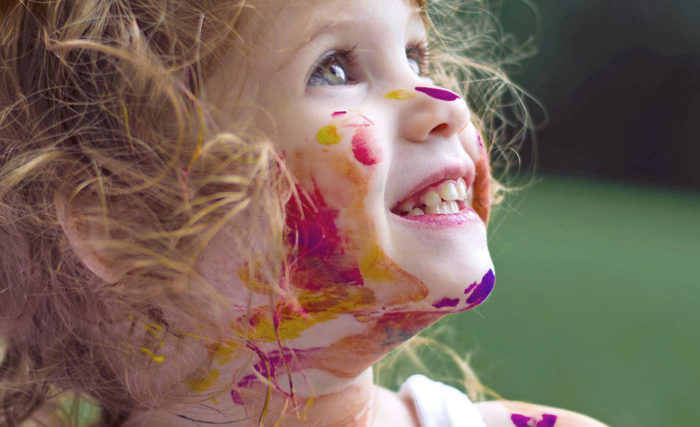 Always expect a mess on toddler playdates.
Always expect a mess on toddler playdates.
Set your child up for success on their playdates
Toddlers are at an interesting stage in their social development. As they play with their peers, they are experimenting and learning a whole set of new skills. At this age, kids become fascinated with other kids of the same age. They especially love it when they see other kids enjoying things that they enjoy. However, most toddler’s haven’t yet developed strong empathy skills. They can quickly switch from fun and laughing to angry and fighting. To help the kids stay in that happy place, here are some things you can do to set your child up for success:
5. Time the playdate around sleep schedules.
To help your child enjoy their first playdate, make sure both participants are well-rested. It seems obvious, but a grumpy, tired toddler is a ticking time bomb. A well-rested toddler doesn’t guarantee a tantrum-free playdate, but it does for a more sociable, less hyperactive, and less demanding kiddo.
6. Set aside beloved toys.
When you’re getting the house ready for the playdate, ask your child to select two or three of their favorite toys and put them aside in a special place. By reminding them that a friend is coming to play with their toys and giving them the choice of which ones they keep to themselves, you decrease the likelihood that your toddler will get possessive about the toys that are left out on the playdate.
7. Be ready for squabbles.
The kids are well rested. You’ve set aside your child’s favorite toys. Guess what? Squabbles can still happen. Toddler’s love to mirror each other in play, which is great fun. But remember, at this stage, kids are still learning social graces (especially when it comes to sharing!). To avoid squabbles, put out toys that you have two of, or toys with multiple pieces that can be shared. This way, you decrease the risk of snatching and fights. You can also set up art activities like painting or chalkboards so that kids can play and create in parallel.
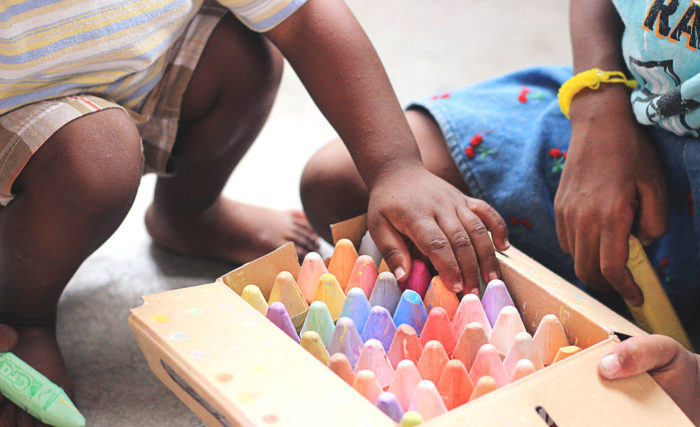 Setting up artistic activities where toddlers can play in parallel can help avoid squabbles.
Setting up artistic activities where toddlers can play in parallel can help avoid squabbles.
8. Don’t force a resolution.
It isn’t the worst thing in the world if your toddler and their new friend get into a small fight. It can even help them learn new skills! As long as no one’s getting hurt, you can hang back and see if they can resolve the situation themselves. If they can’t find a way to make peace or if things escalate and become physical, you can jump in and redirect them to another activity.
Practice sharing skills to use on playdates
It might sound like a strange idea to practice for playdates, but being a good sharer is a skill kids will find useful as they go into preschool, school, and beyond. Here are some simple ways you can practice sharing at home:
9. Model good sharing.
Anytime you’re playing together, ask your child for permission to use a toy that they have been playing with. If your child says it’s ok to play with that toy, say “thank you” and praise them for being such a good sharer.
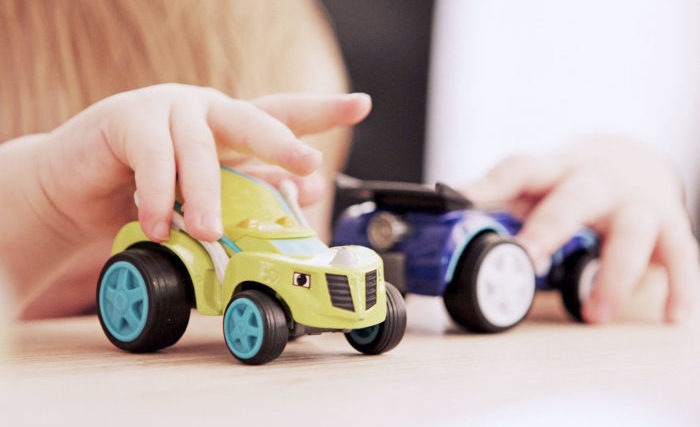 Model good sharing to practice before your playdate.
Model good sharing to practice before your playdate.
10. Play turn-taking games.
Most games or activities can be used as an opportunity to practice turn taking, but some are more fun than others. Ease your child into the idea of taking turns by playing fun, interactive games like peek-a-boo. As you both take turns, make the game extra fun with silly voices. You can also use“my turn, your turn” as you and your child play with toys to practice more traditional sharing.
11. Show them that sharing brings people together.
Show them that sharing brings people together. Show your child that sharing doesn’t just mean patience and taking turns. When you see your child being a good sharer, point out how good they just made the other person feel. Using “sharing” language for fun moments like “let’s share the couch for cuddles” or “let’s share our favorite snack together!” can also create a positive association with sharing!
Are you ready for your toddler’s first playdate? Good luck with it and let us know how it goes in the comments below!

